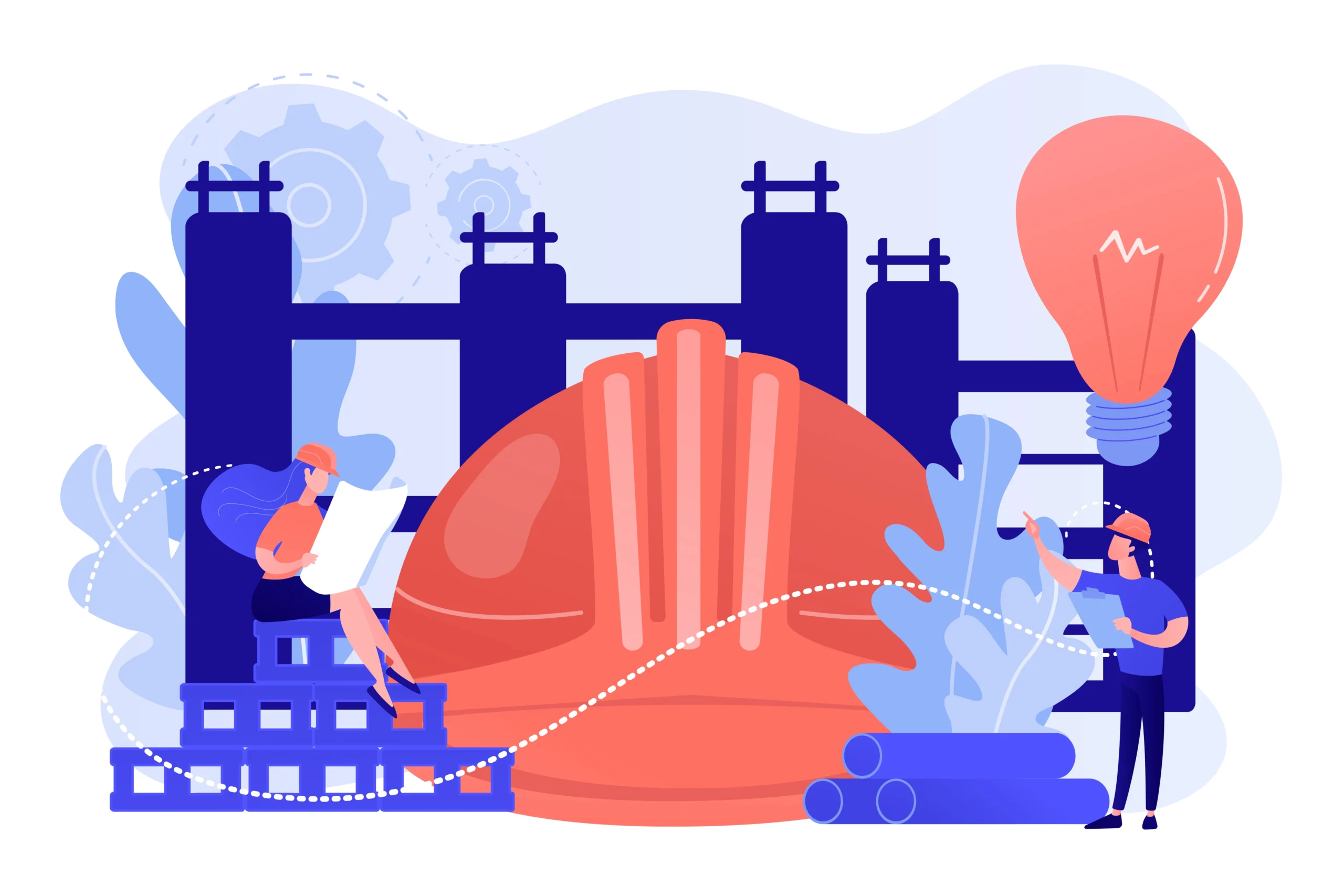In today’s rapidly evolving business landscape, startups have emerged as powerful agents of change, challenging and often transforming traditional industries. Their innovative approaches, agile structures, and disruptive technologies offer fresh solutions that can overturn established business models. This article explores how startups disrupt traditional industries, the mechanisms behind their impact, and the resulting shifts in market dynamics.
Understanding the Nature of Disruption
What Is Industry Disruption?
Industry disruption refers to the process by which new entrants, often with novel approaches or technologies, alter the way traditional industries operate. These disruptions typically lead to significant changes in consumer behavior, market structure, and competitive dynamics. Startups are at the forefront of this disruption, leveraging their flexibility and innovation to challenge established players.
Characteristics of Disruptive Startups
- Innovative Technologies: Startups often leverage new technologies to create more efficient, cost-effective, or user-friendly solutions.
- Agility and Flexibility: Unlike traditional companies, startups can rapidly adapt to market changes and pivot their business models.
- Customer-Centric Models: Startups frequently focus on addressing unmet customer needs or providing enhanced user experiences.
Mechanisms of Disruption
1. Technological Innovation
Development of New Technologies
Startups frequently introduce groundbreaking technologies that can fundamentally change how industries operate. For example, companies like Uber and Airbnb utilized mobile technology and data analytics to revolutionize transportation and hospitality, respectively.
Enhancing Efficiency
Innovative technologies developed by startups often streamline processes, reduce costs, and improve overall efficiency. For instance, cloud computing services provided by startups like Dropbox and AWS have transformed IT infrastructure by offering scalable, on-demand solutions.
2. Business Model Innovation
New Revenue Models
Startups often disrupt traditional industries by introducing novel revenue models. Subscription-based services, such as those offered by Netflix, have replaced traditional pay-per-view models, changing how consumers access and pay for content.
Direct-to-Consumer Approaches
By bypassing traditional distribution channels, startups can offer products and services directly to consumers. Companies like Warby Parker have disrupted the eyewear industry by selling glasses online, challenging the conventional retail model.
3. Customer Experience Enhancement
Personalized Solutions
Startups frequently focus on creating personalized experiences that cater to individual customer needs. This approach contrasts with the one-size-fits-all models of traditional industries. For example, companies like Stitch Fix use data-driven algorithms to provide personalized clothing recommendations.
Improved Accessibility and Convenience
Startups often enhance accessibility and convenience for consumers. Services like Instacart have transformed grocery shopping by providing same-day delivery, making it easier for customers to access their groceries without leaving home.
4. Market Disruption Through Accessibility
Lower Barriers to Entry
Many startups leverage technology to lower barriers to entry in various industries. For example, platforms like Kickstarter and Indiegogo allow entrepreneurs to raise capital and bring innovative products to market without traditional funding sources.
Democratization of Services
Startups often democratize access to services by offering more affordable or accessible options. Companies like Coursera and Udemy have made high-quality education accessible to a global audience through online courses, challenging traditional educational institutions.
Case Studies of Disruptive Startups
1. Uber: Revolutionizing Transportation
Disrupting the Taxi Industry
Uber’s introduction of a mobile app-based ride-hailing service has fundamentally disrupted the traditional taxi industry. By offering a convenient, cashless, and often cheaper alternative, Uber has transformed urban transportation and influenced regulatory changes worldwide.
Impact on Traditional Taxi Services
The rise of Uber has forced traditional taxi services to adapt by adopting similar technology or improving their service offerings. This disruption has led to increased competition and innovation within the transportation sector.
2. Airbnb: Transforming Hospitality
Shaking Up the Hotel Industry
Airbnb has disrupted the hospitality industry by providing a platform for individuals to rent out their homes or rooms to travelers. This model offers a more personalized and often more affordable alternative to traditional hotels.
Effect on Hotel Chains
The success of Airbnb has compelled hotel chains to innovate, adopting more flexible pricing models, enhancing customer service, and exploring partnerships with short-term rental platforms.
3. Netflix: Changing Media Consumption
Redefining Entertainment Delivery
Netflix revolutionized the media industry by transitioning from DVD rentals to a streaming model. By offering an extensive library of content available on-demand, Netflix challenged traditional cable and satellite TV services.
Influence on Content Production
The success of Netflix has led to a shift in content production and distribution, with traditional media companies investing in their own streaming services and creating original content to compete with Netflix.
Strategies for Traditional Industries to Adapt
1. Embracing Innovation
Traditional industries can remain competitive by embracing innovation and adopting new technologies. Investing in research and development, partnering with startups, and integrating advanced technologies can help established companies stay relevant.
2. Enhancing Customer Experience
Improving customer experience by leveraging data and personalization can help traditional businesses meet evolving consumer expectations. Implementing user-friendly interfaces, personalized recommendations, and convenient service options can enhance customer satisfaction.
3. Adapting Business Models
Adjusting business models to incorporate subscription services, direct-to-consumer sales, or other innovative approaches can help traditional industries compete with disruptive startups. Flexibility and willingness to experiment with new revenue models are key to staying competitive.
4. Collaborating with Startups
Forming partnerships or investing in startups can provide traditional industries with access to new technologies and business models. Collaborations can foster innovation and provide established companies with fresh perspectives on industry challenges.
Conclusion
Startups have a profound impact on traditional industries by introducing innovative technologies, novel business models, and enhanced customer experiences. Their ability to disrupt established practices challenges traditional companies to adapt or risk becoming obsolete. By embracing innovation, improving customer experience, and exploring strategic partnerships, traditional industries can navigate disruption and continue to thrive in an ever-evolving market. Understanding the mechanisms behind startup disruption and adapting accordingly is essential for both startups and established businesses aiming to succeed in today’s competitive landscape.


